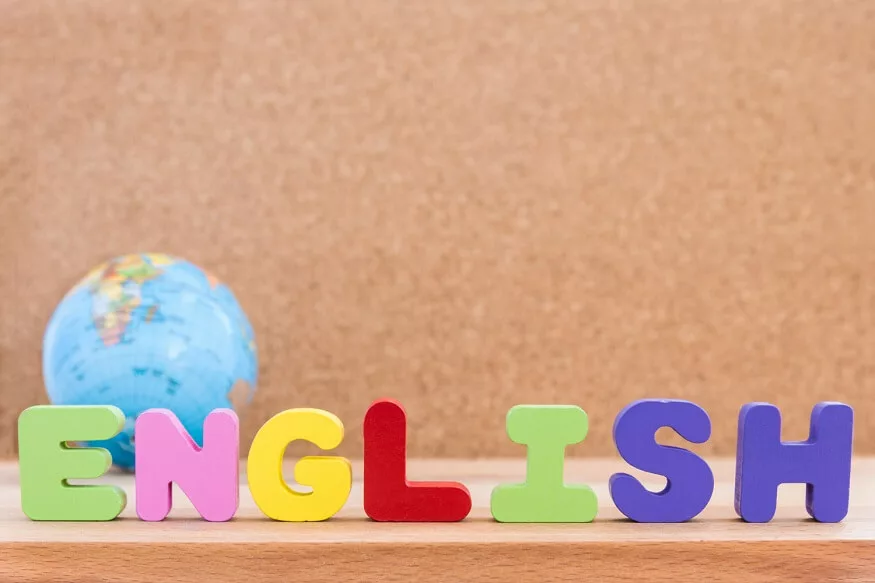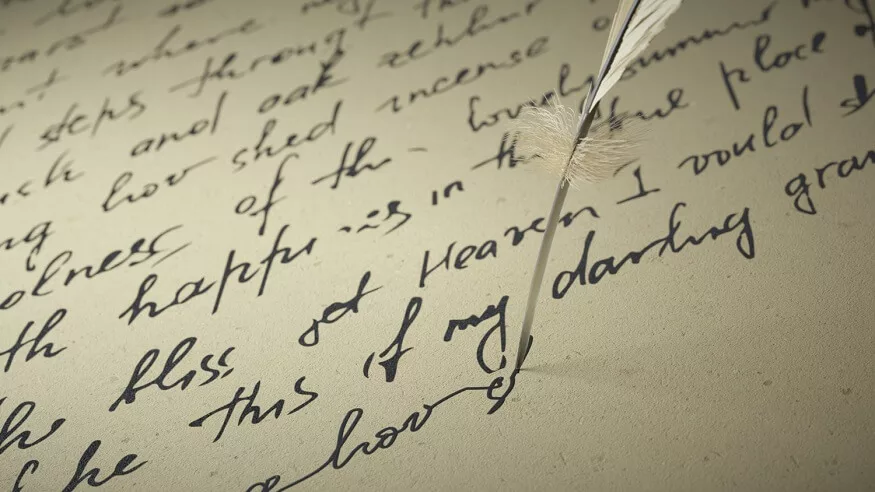The history of the English language spans centuries and is remarkably rich. Originating from a blend of Germanic languages, it has evolved into one of the most universally spoken and recognized languages globally.
Across its timeline, English has undergone numerous revisions, variations, and transformations, in line with the shifts in social, political, and cultural landscapes through different times.
Also Read: Impact Of Technology on English Language Evolution
The Beginning
English began when three groups from Germany and Denmark—Angles, Saxons, and Jutes—came to Britain 1,500 years ago. They moved the native Celtic speakers to places like Wales, Scotland, and Ireland.
Old English
The dialects of the Germanic tribes have become known as Anglo-Saxon or Old English. Old English, itself is a conglomeration of dialects and has transformed significantly over three hundred years.
The structure and syntax of Old English significantly deviates from what we understand as English today. Back then, English had four main types of dialects: Northumbrian, Mercian, West Saxon, and Kentish. Each was used in different places in England and had their own grammar, pronunciation and vocabulary.
Old English does not involve a standardised spelling system; hence, numerous variations exist for spelling a single word. Old English carries various literary works consisting of poetry, prose, and riddles. The mobile and evocative nature of Old English poetry is illustrated superbly in the epic poem Beowulf, the oldest known English poem.
Also Read: International Olympiad of English Language (iOEL)
Middle English
Old English changed significantly after the Norman Conquest of 1066. The most visible change was the influx of French and Latin words. This period of the English language started roughly at the intersection of the 11th and 12th centuries when Norman King William I conquered England and displaced the reigning Anglo-Saxon elite.
It was during this time that grammar, pronunciation, and vocabulary evolved with particular attention to “Syntax”. Many Latin, French, and Scandinavian words were assimilated, which resulted in an explosion of vocabulary. In this era, English developed features like uninflected verbs with stable consonants. In Middle English, the way some words sounded changed. Words that used to sound like ‘ee’ or ‘oo’ started to sound like ‘I’ or ‘ow’. This sound change set the foundation for Modern English pronunciation.
By the 14th century, English re-emerged as the language of government and law. Middle English literature also flourished due to the establishment of the printing press. Geoffrey Chaucer, along with Pearl Poet and John Gower, was considered one of the greatest poets of that time.
Early Modern English
The arrival of the Renaissance in the 15th century brought the next wave of changes to English known as Early Modern English. This phase was characterised by a change in pronunciation during the Great Vowel Shift.
Pioneering authors, such as Chaucer and Shakespeare, used colloquial English within their works. The printing press brought in the standardisation of English. Books became cheaper and more accessible. The dialect of London and southeast England, where Caxton’s press was located, became the form of ‘Print English’.
By the end of the period, Modern English began to mark its presence with shifts in vocabulary, pronunciation, and grammar, giving rise to a language that continues to evolve today.
Also Read: How to Encourage Children who are not Confident Speaking in English
Modern English
The genesis of Modern English was influenced chiefly by geopolitical events, global exploration, the invention of printing, and important shifts in pronunciation
From the late 17th century to the present, Modern English not only saw changes in pronunciation, vocabulary and grammar, but it also witnessed an incorporation of new scientific, technological, and cultural terminology to cater to technological advancements, scientific breakthroughs, and social transformations during the Industrial Revolution.
Modern English also saw modifications to the “Syntax” to complement its expanding vocabulary which adopted and adapted words from different languages, specifically Latin, Greek, and Roman languages. These changes to the syntax helped to organise the language’s grammar and structure, making it easier to convey complex ideas and communicate effectively.
21st Century English
Today, technology—like the Internet and social media—has changed how we communicate and write. Words and ways from these platforms have become a regular part of our language, called ‘Internet English’ or ‘Digital English.’
English has become the main language for business, travel, and learning worldwide. Different cultures have influenced how we use English, making what we call ‘Global English’ or ‘World English.’
Nowadays, people talk and write more casually. TV shows, movies, music, and books have also changed how we talk by adding new words and styles. This is often described as ‘Pop Culture English’.
Over time, English has absorbed influences from many languages and cultures, becoming a diverse and lively language. How it has changed shows how society, politics, and culture changed too. The language has been adaptable enough to meet the communication needs of its speakers in different eras. At EuroSchool, we lay strong emphasis on equipping students with the skills they need to communicate effectively in English while appreciating how this language has evolved.










